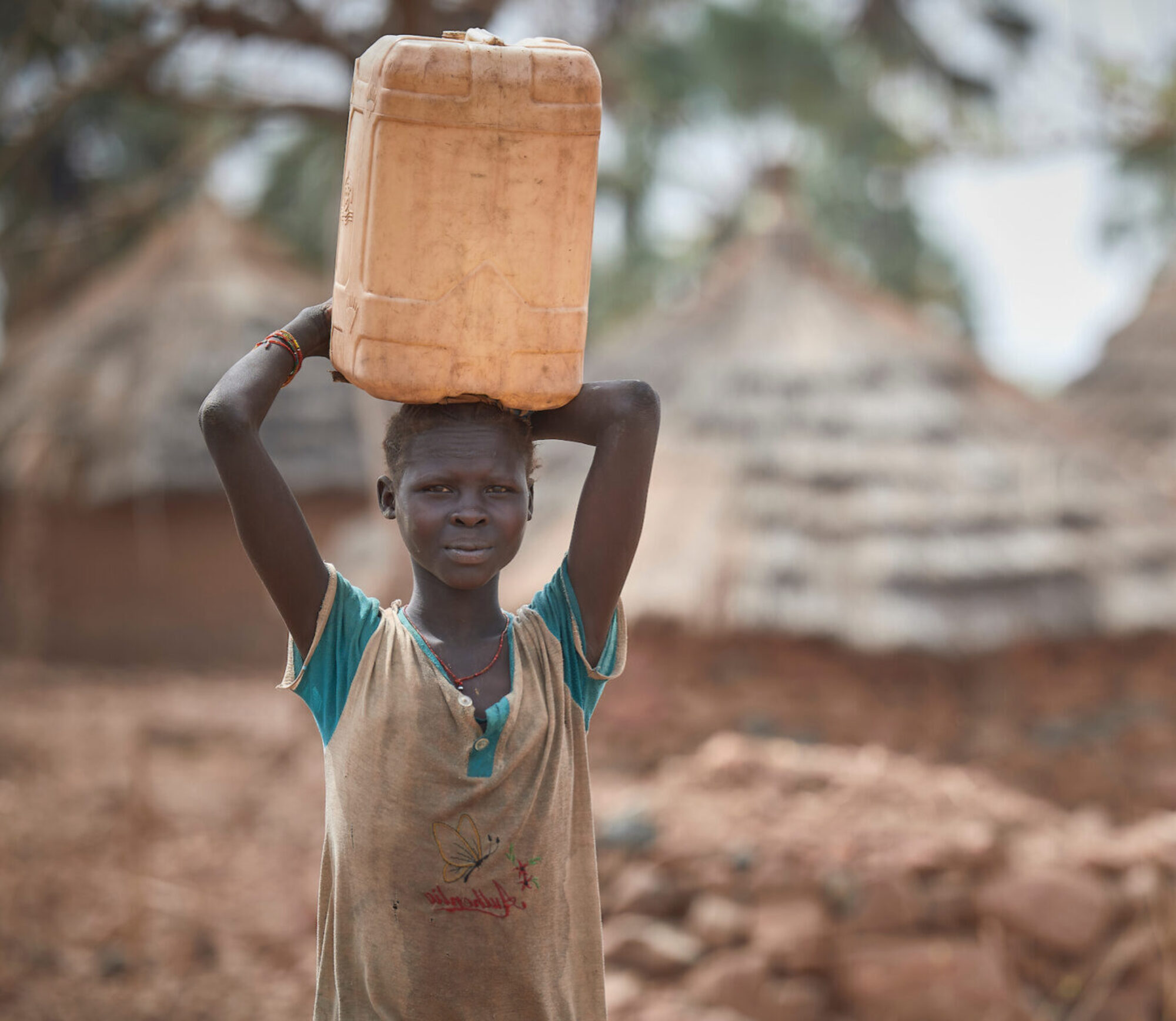It’s back-to-school time here in Colorado. Kids are waking up in the morning with a groan and plodding down the stairs to eat breakfast before making their way into the classroom. Parents are hurriedly scrubbing dishes, grabbing their coffee, and running out the door to tackle whatever the day might bring. And those busy schedules don’t leave much time for one question.
What if none of that was possible?
Just imagine.
It’s hard to imagine what life would be like without Smartphones, cars, and Netflix. So, how can we even picture what life must be like without water?
But for many people, that’s their reality. In the Nuba Mountains of Sudan the crises is all too real.
In a July 2017 article in Nuba Reports, they report that “roughly 31% of Sudan’s drinking water comes from sources contaminated with industrial, domestic and commercial waste.” This affects not only food supply , but is also a contributor to a cholera epidemic that is sweeping through the area.
The result?
This means that local schools have been closed to create isolation centers to keep the disease from spreading further. And in an article by CatholicPhilly.com, they detail the suffering in that area:
The suffering “is evident in the vast number” of people needing food aid and is worse than any previous suffering in the memory of any diocesan staff member, the statement said.
“Here, I have shed tears watching emaciated women with babies on their backs being turned away when they get to the front of the long line because there is nothing left for them,” Oliver Waindi, executive director of the Bishop Gassis Relief and Rescue Foundation, told CNS. “The suffering is as I imagine hell to be.”
What can we do?
Nuba Water Project is dedicated to assisting this devastated community by bringing aid to those in need. But we can’t do it without the help of the community.
This year, our Walk for Sudan will take place on October 21st at Cherry Creek State Park. This fundraiser is crucial to to our efforts to

